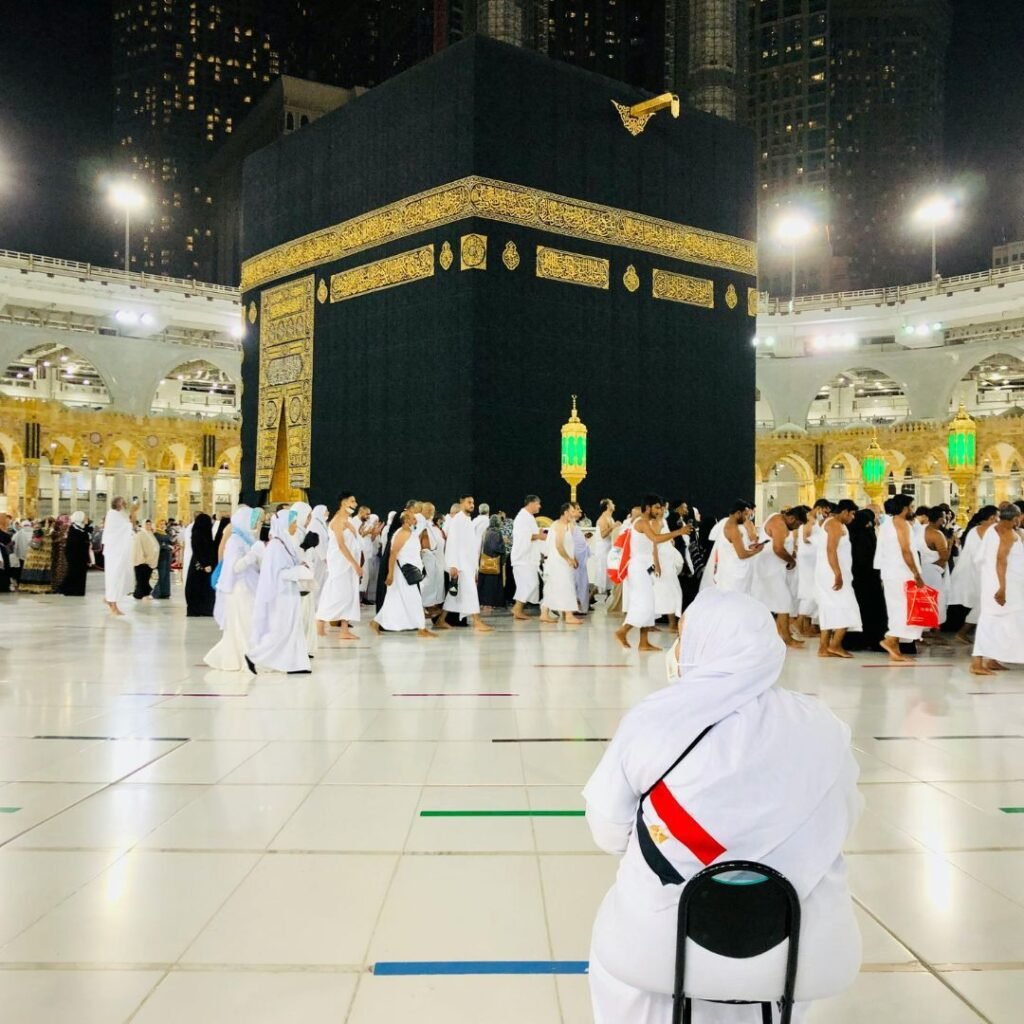In Islam, the prayer or Salah is an act of worship, though it’s the very root which forms a Muslim’s interaction with Allah. It remains one of the direct communications by which people talk to their God; Muslims are taught to offer thanks, forgiveness, and guidance through them. The five daily prayers (Salah) are not only rituals; they are a spiritual practice and strengthen faith and discipline in the minds of Muslims. These are obligatory for each adult Muslim and remind each of Allah’s presence for the whole day.

1. Fajr is the Dawn Prayer
The first prayer of the day is Fajr, which is performed before dawn. It consists of two rak’ahs and is recited after performing the wudu (ablution). Fajr is a moment of reflection and peace, marking the beginning of the day with remembrance of Allah. It provides an opportunity to start the day with spiritual clarity and focus, seeking Allah’s mercy and guidance.
Time: Before sunrise.
Rituals: 2 rak’ahs.
Spiritual Benefit: Strengthens the bond with Allah early in the day and sets a positive tone for the rest of the day.
2. Dhuhr – The Noon Prayer
Dhuhr is the second prayer of the day, after midday, when the sun passes the zenith. This is the second prayer that Muslims make and has four rak’ahs, giving them a break from the usual rhythm of the day. It’s the time for them to regain contact with Allah and review their daily activities.
Time: After midday when the sun passes over the zenith.
Rituals: 4 rak’ahs.
Spiritual Reward: It provides an opportunity to take a moment and realign one’s concentration with Allah amidst all the hustling and bustling.
3. Asr – Afternoon Prayer
Asr prayer is in the late afternoon before the sun sets. It consists of four rak’ahs. It is, therefore considered the time of reflection as dusk falls. Asr is considered to make the person vigilant of all their actions within that particular day and, therefore seek Allah’s forgiveness.
Time: Mid-afternoon, before sunset.
Rituals: 4 rak’ahs.
Spiritual Benefit: It enhances mindfulness and maintains spiritual equilibrium during the afternoon.
4. Maghrib – The Evening Prayer
Maghrib is the fourth prayer, which is performed immediately after sunset. It has three rak’ahs and is a chance to thank Allah for the blessings of the day. This prayer is important because it helps to close the day with a sense of gratitude and reflection.
Time: Right after sunset.
Rituals: 3 rak’ahs.
Spiritual Benefit: This encourages thankfulness and remembering Allah at the end of the day.
5. Isha – The Night Prayer
The final prayer of the day is Isha, performed after the twilight has disappeared. This prayer consists of four rak’ahs and is a time for spiritual reflection before sleeping. Isha helps Muslims end their day with supplication and peace, seeking forgiveness for any mistakes and asking for Allah’s protection during the night.
Time: After sunset, when twilight disappears.
Rituals: 4 rak’ahs.
Spiritual Benefit: Allows one to enter into peace and seek refuge with Allah throughout the night.
Importance of Five Daily Prayers
One of the five pillars of Islam are five daily prayers, which make an essential act of worship in the lives of all Muslims. They are directly ordered by Allah, according to the Quran and Hadith, and are meant to be performed at certain specified times during the day. The act of praying at regular intervals encourages mindfulness, discipline, and spiritual growth.
Every prayer reminds believers of God’s presence and helps them remember their faith in daily routines. Through performing Salah, Muslims express gratitude to God for the blessings that exist within their lives, ask for pardon from their sins, and seek guidance through personal life and spiritual development.
Benefits of Salah Spiritual and Physical
Spiritual Bonding: The performance of the prayer makes one strong with respect to Allah and gives him peace along with contentment.
Reflection Moments: The process of offering five times of prayers within the day gives opportunities to reflect, seek forgiveness, and change their focus to what really matters.
Structure and Order: This fivefold process makes it possible to maintain some sense of discipline as well as structure around their daily schedule.
Bonds within Community: Gathering to offer congregation prayers, especially for Friday’s Jumu’ah prayer, tends to give Muslims an extra opportunity to bond as a unit of one community.
The five daily prayers represent an integral part of a Muslim’s life, not only delivering spiritual benefits but also making sure that the person manages to maintain a balanced lifestyle and discipline. In all these, by performing salah at specific times every day, Muslims ensure that the connection with Allah is stable and strong. In it, whether it is times of gratitude, reflection, or supplication, salah always serves as a powerful instrument for spiritual growth, inner peace, and personal development.
For Muslims, prayer is not a burden; it is a constant reminder of renewing faith and closeness to Allah in their daily lives.